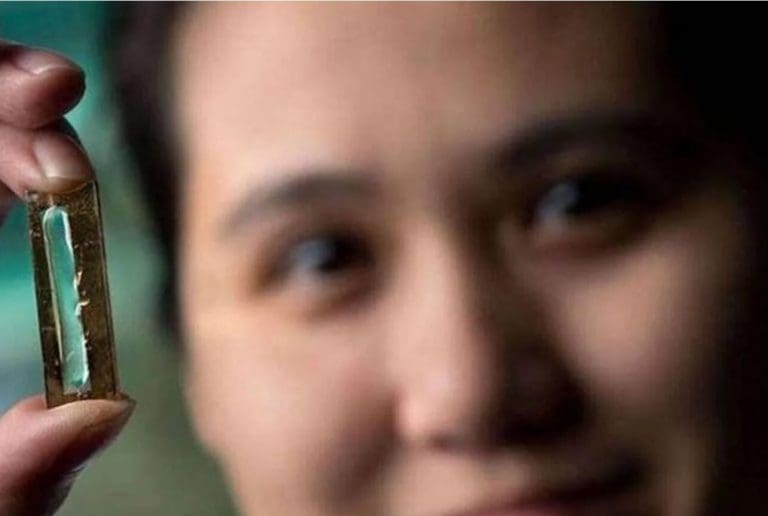A student at the University of California, Irvine, made a groundbreaking discovery by accidentally creating a rechargeable battery that could last up to 400 years. The remarkable find was made by Mya Le Thai, a Ph.D. student, while experimenting with nanowires, which are highly conductive but extremely fragile. Thai coated these nanowires with manganese dioxide and encased them in a Plexiglas-like gel, significantly enhancing their durability.
During her experiments, Thai discovered that the battery could withstand over 200,000 charge cycles without any significant loss in capacity or power. Typically, rechargeable batteries can endure between 500 to 1,000 cycles before they start to degrade. Thai’s discovery could revolutionize the lifespan and sustainability of batteries used in various devices, from smartphones to electric vehicles, potentially reducing electronic waste drastically.

The research team at UC Irvine, led by Reginald Penner, recognized the potential of Thai’s innovation. Penner praised Thai for her innovative approach, noting that her work could pave the way for developing long-lasting batteries. This accidental discovery underscores the importance of exploring new materials and methods in scientific research.
The implications of this breakthrough are vast. Longer-lasting batteries could lead to significant advancements in technology, particularly in renewable energy storage and electric vehicles. With batteries that last centuries, the reliance on fossil fuels could decrease, pushing the world closer to a sustainable energy future. Thai’s work not only highlights the potential of nanotechnology but also demonstrates how unexpected results can lead to groundbreaking innovations in science and technology.
This discovery also emphasizes the role of curiosity and experimentation in scientific progress. Thai’s innovative thinking and willingness to explore uncharted territory resulted in a finding that could have far-reaching impacts on various industries. Her work serves as an inspiration for future researchers to approach problems with creativity and persistence, knowing that significant advancements often come from unexpected places.




